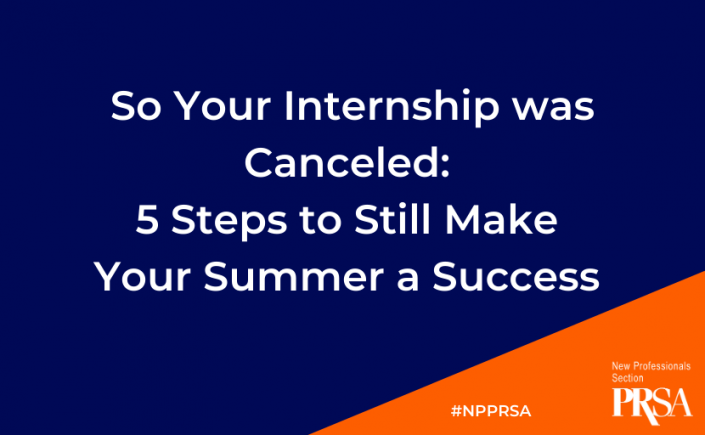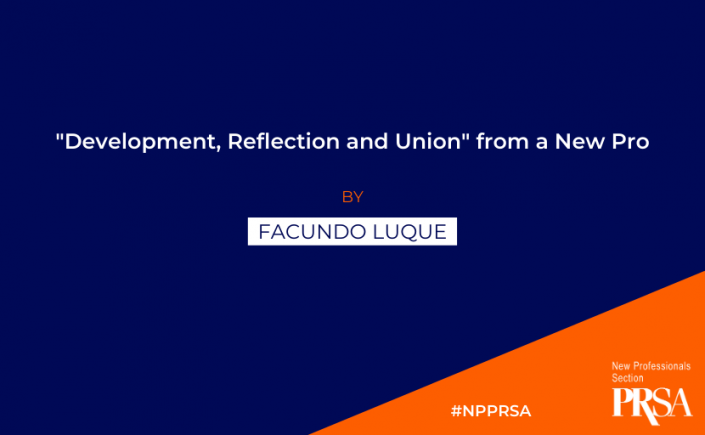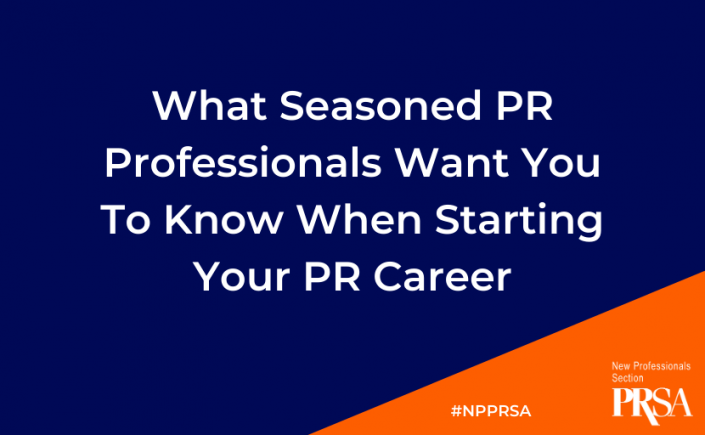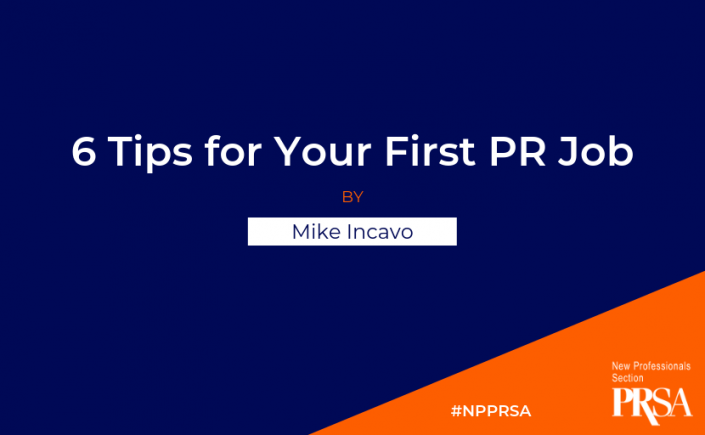Though summer is usually a time of smiles and sunshine, this year it marks a bittersweet start to a long and empty season for many students.
As of May, Glassdoor reported a 52 percent drop in internships after the coronavirus caused citizens to stay home and non-essential businesses to close up shop. And while the National Association of Colleges and Employers reported that 29 percent of internships did manage to move online, the rest have either been postponed or dissolved.
If you’re facing the latter, don’t despair. There are plenty of actionable steps you can still take to advance your career this summer. In fact, we’ve outlined five below that you can start today.
1. Go Remote
Virtual internships have been around since webcams started appearing in laptops, and they’ve only grown in popularity as 4K smartphone cameras emerged with free video-sharing apps. To find one yourself, try searching for “virtual internship” (or “remote internship”) on popular job sites like Indeed or LinkedIn.
Of course, there are also internship websites that only post remote opportunities such as Virtual Internships, or more general internship listing sites that have a remote section like Internships.com.
2. Volunteer
So maybe you couldn’t score a remote internship, or simply know from your own experience with online classes that a virtual setting is just something you do not want to sign up for. If you’re committed to an in-person experience, we have some good news. Most states are beginning to reopen, and while some vital COVID-19 safety measures are still in effect (cloth masks, six feet social distancing), this could be your chance to volunteer on-site for the summer.
Volunteer recruiting websites like Just Serve and Volunteer Match have a number of opportunities that ask for help with everything from office tasks to gardening needs. This could be your chance to not only get some hands-on experience that aligns with your major, but also meet some community contacts who’d be happy to write a strong reference letter for you next year.
3. Start a New Project
If a remote internship or volunteer match doesn’t sound ideal, why not get started on a new project for your portfolio? A completed project would make a good conversation piece for a future internship (and job) interview, especially as coronavirus-related questions are expected to pop up for the foreseeable future. What could be better for sharing your initiative than a creative summer project you researched, crafted and published from start to finish during the pandemic?
If a project makes sense for you, start by identifying what would benefit you most if added to the old portfolio. Are you missing a particular skill set that a project could help you work on and show off? Is there a class you just finished that had an assignment you’d like to build out more? Whatever you create, make sure you put the finished project in your portfolio so future employers can find it easily.
4. Update Your Resume
Depending on when you last interviewed, your once-polished resume may be a few months out of date. Take another look and consider adding any new skills or experience you’ve gained since. Courses you may have recently completed in your last semester could also be worth mentioning, especially if you can tack a project onto it (that should link to your portfolio, too).
As you update your resume, it may be worth reviewing some basic formatting tips. Indeed has some great tips and examples for college resumes, and Resume Coach even has a free Resume Template.
5. Join a Membership Organization
Lastly, if you do nothing else this summer, join an organization related to your major. We specify membership organizations because they typically offer major resources exclusive to members. Typical memberships come with access to job boards, newsletters with industry news, structured online learning and a membership directory. For students, it’s the ultimate motherload of industry know-how and contact information for networking.
If you’re reading this, chances are that you’re a PR/Comms major, and we can’t recommend the Public Relations Student Society of America (PRSSA) enough. It has more than 300 chapters throughout the U.S., so it’s likely there’s a local chapter for you to join and rub elbows with the industry leaders in your community. Plus, you’ll get access to the PRSSA Internship Center and the PRSA Job Center.
And there you have it, five things you can do to still make your summer a success.
Found something even better? Share in the comments below!







